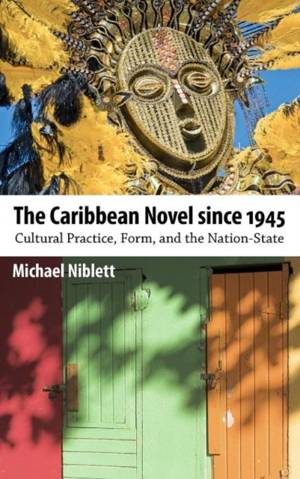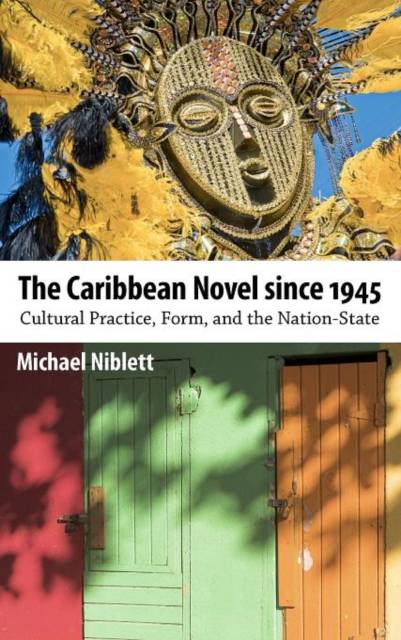
- Retrait gratuit dans votre magasin Club
- 7.000.000 titres dans notre catalogue
- Payer en toute sécurité
- Toujours un magasin près de chez vous
- Retrait gratuit dans votre magasin Club
- 7.000.0000 titres dans notre catalogue
- Payer en toute sécurité
- Toujours un magasin près de chez vous
101,95 €
+ 203 points
Format
Description
How fiction, its forms, and its evolution reflect countries in the midst of postcolonial change The Caribbean Novel since 1945 offers a comparative analysis of fiction from throughout pan-Caribbean, exploring the relationship between literary form, cultural practice, and the nation-state. Engaging with the historical and political impact of capitalist imperialism, decolonization, class struggle, ethnic conflict, and gender relations, Michael Niblett considers the ways in which Caribbean authors have sought to rethink and renarrate the traumatic past and often problematic postcolonial present of the region's peoples. This work pays particular attention to how cultural practices, such as stickfighting and Carnival, and religious rituals and beliefs, such as Vodou and Myal, have figured in reshaping the novel form. Beginning with the post-WWII period, when optimism surrounding the possibility of social and political change peaked, The Caribbean Novel since 1945 interrogates the trajectories of various national projects. The scope of Niblett's analysis is varied and comprehensive, covering both critically acclaimed and lesser-known authors from the Anglophone, Francophone, and Hispanophone traditions. These include Jacques Roumain, Sam Selvon, Marie Chauvet, Luis Rafael Sánchez, Earl Lovelace, Patrick Chamoiseau, Erna Brodber, Wilson Harris, Shani Mootoo, Oonya Kempadoo, Ernest Moutoussamy, and Pedro Juan Gutiérrez. Mixing detailed analysis of key texts with wider surveys of significant trends, this book emphasizes the continuing significance of representations of the nation-state to contemporary Caribbean literature. Michael Niblett, Warwickshire, United Kingdom, is research fellow at the Yesu Persaud Centre for Caribbean Studies at the University of Warwick in Coventry, United Kingdom. He is the coeditor of Perspectives on the Other America: Comparative Approaches to Caribbean and Latin American Culture.
Spécifications
Parties prenantes
- Auteur(s) :
- Editeur:
Contenu
- Nombre de pages :
- 270
- Langue:
- Anglais
- Collection :
Caractéristiques
- EAN:
- 9781617032479
- Date de parution :
- 30-01-12
- Format:
- Livre relié
- Format numérique:
- Genaaid
- Dimensions :
- 152 mm x 229 mm
- Poids :
- 566 g

Les avis
Nous publions uniquement les avis qui respectent les conditions requises. Consultez nos conditions pour les avis.






